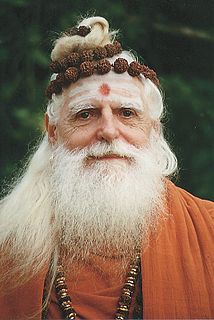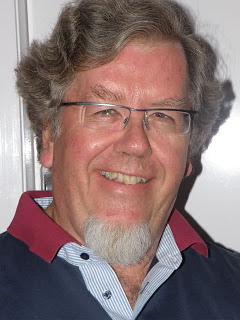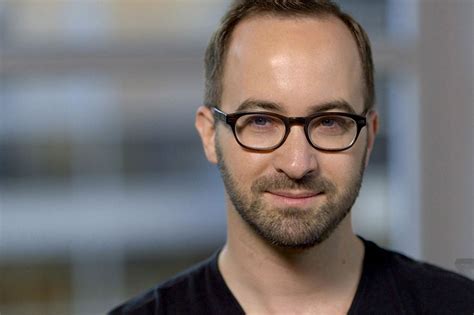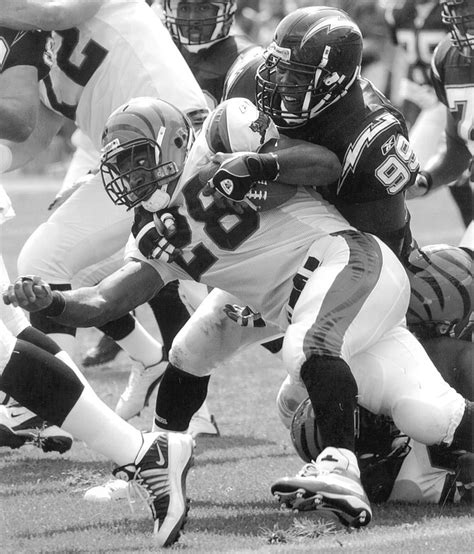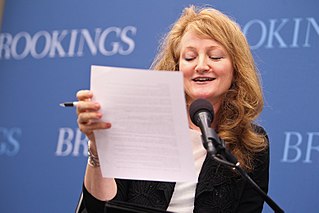A Quote by Christina Baldwin
This unceasing interplay between experience and narrative is a uniquely human attribute. We are the storytellers, the ones who put life into words.
Quote Topics
Related Quotes
Life, it is true, can be grasped in all its confused futility merely by opening one's eyes and sitting passively, a spectator on the stands of history - but to understand the social processes and conflicts, the interplay between individual and group, even the physicality of human experience, we have need of small-scale models.
The close-up has no equivalent in a narrative fashioned of words. Literature is totally lacking in any working method to enable it to isolate a single vastly enlarged detail in which one face comes forward to underline a state of mind or stress the importance of a single detail in comparison with the rest. As a narrative device, the ability to vary the distance between the camera and the object may be a small thing indeed, but it makes for a notable difference between cinema and oral or written narrative, in which the distance between language and image is always the same.
I'm obsessed with this idea of storytellers and people who have a narrative, and sometimes sustain a relationship because they're telling a narrative and someone is listening to that. Often the nature of the relationship is determined by how well they tell the story, or someone else's ability to suspend disbelief, or infuse into their narrative something which they may not even be aware of.
Comics have the page as their real estate so you've only got that space to tell the story on. But the other thing only comics do is to have the words and pictures being simultaneous. Your brain is flicking between them and you can put in some excellent narrative devices; you can off-set things and juxtapose things between word and image.
But life is glorious when it is happy; days are carefree when they are happy; the interplay of thought and imagination is far and superior to that of muscle and sinew. Let me tell you, if you don't know it from your own experience, that reading a good book, losing yourself in the interest of words and thoughts, is for some people (me, for instance) an incredible intensity of happiness.




